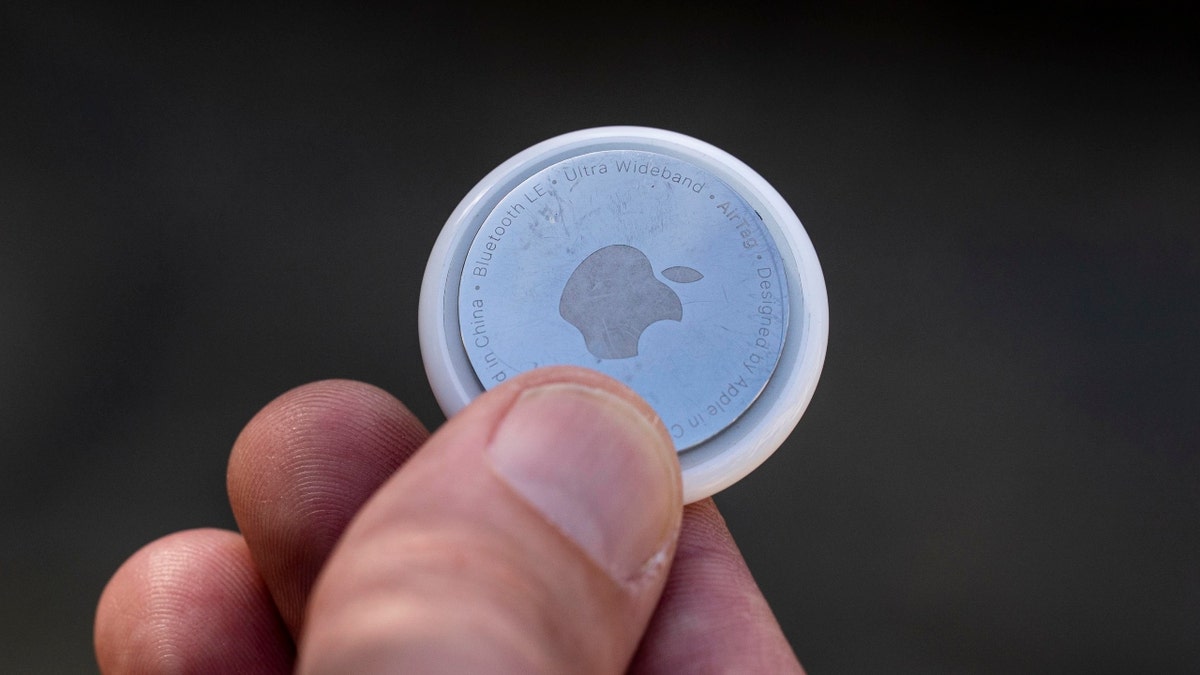In today's digital age, technology has unfortunately become a tool for stalkers, with a staggering 80% of victims tracked using tech devices. GPS trackers, like Apple AirTags, are particularly popular due to their small size, making them easy to conceal. Whether it's a persistent ex, an unsettling stranger, or even criminals targeting tourists, the risk is real.
Fortunately, your smartphone can be your ally in this situation. It can alert you to the presence of unknown trackers, and if that fails, traditional detective work can also be effective. Let's explore how to protect yourself.
Time is of the Essence
AirTags are designed to beep after 24 hours away from their owner. This delay gives stalkers ample time to locate you. Furthermore, tech-savvy individuals can disable the speaker, rendering alerts useless. While rumors suggest that future AirTags will have anti-stalking features, current models require proactive measures for protection.

Apple AirTags currently lack built-in anti-stalking technology, a problem shared by other GPS trackers. It's crucial to take steps to safeguard yourself. (Melina Mara/The Washington Post via Getty Images)
Enabling Tracker Detection on Your Phone
iPhone:
- Ensure Location Services and Find My iPhone are enabled under Settings > Privacy & Security > Location Services. Also, activate Significant Locations within System Services.
- Turn on Bluetooth in Settings > Bluetooth.
- Enable Tracking Notifications under Settings > Notifications > Tracking Notifications.
- Open the Find My app, select Items, and tap Identify Found Item.
Android (6.0 or newer):
- Activate location, Wi-Fi scanning, and Bluetooth scanning under Settings > Location. Enable Bluetooth separately.
- Enable Find Unknown Tracker Alerts in Settings > Safety & Emergency > Find Unknown Tracker Alerts.
The Limitations of Alerts
It's important to remember that alerts aren't foolproof. Older trackers or modified devices may not trigger notifications. Therefore, regular physical checks of your vehicle are essential.

Malicious actors can exploit GPS trackers. Regularly inspect your car for these devices and remove any you discover. (iStock)
Manually Checking Your Car
Using a flashlight and mirror, thoroughly inspect your car's exterior, focusing on areas where a tracker could be magnetically attached (wheel wells, grill, bumpers, etc.). Inside, check seat crevices, the dashboard, glove compartment, trunk, and under the spare tire. Consider using a bug detector for added peace of mind.
What to Do if You Find a Tracker
Resist the urge to destroy the device. Instead, gather information to aid law enforcement. If it's an AirTag, hold your iPhone or NFC device near it to retrieve the owner's details. Wrap the tracker in aluminum foil to block signals and hand it over to the police.

Avoid destroying any trackers you find; they hold valuable information for law enforcement to identify the perpetrator. (James D. Morgan/Getty Images)
Staying safe requires vigilance and proactive measures. Sharing this information with others can help protect them as well.








